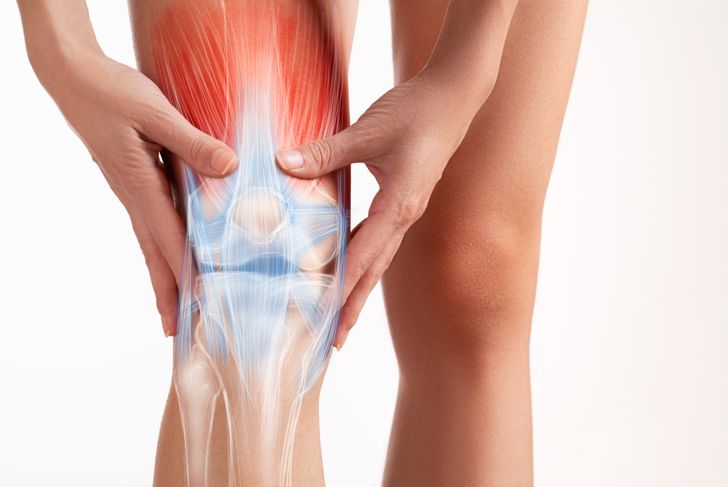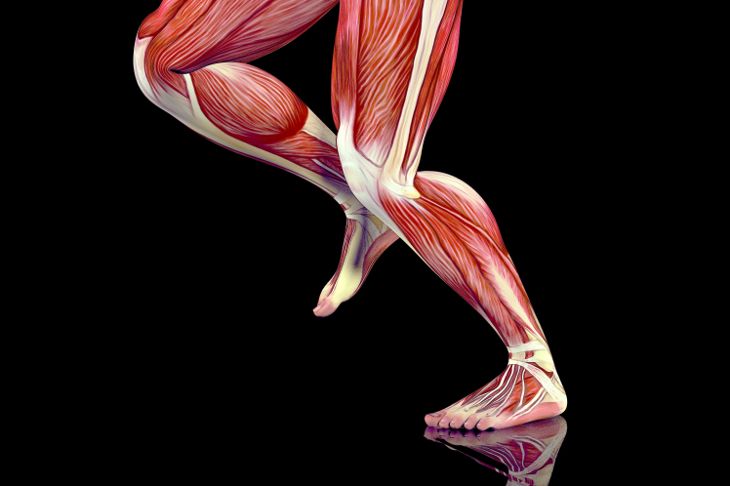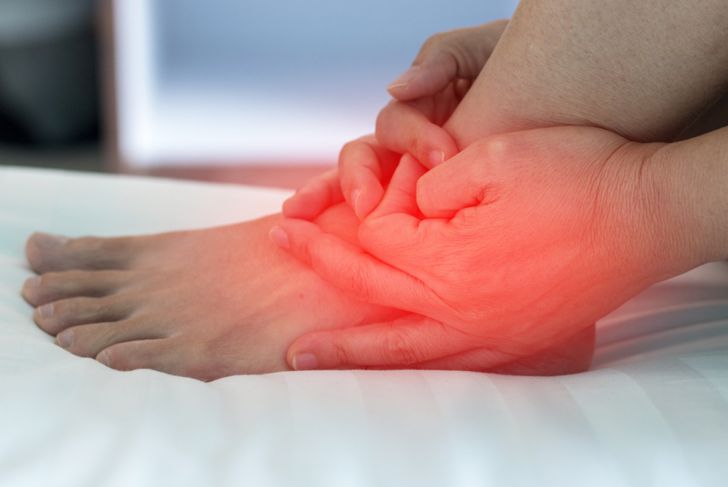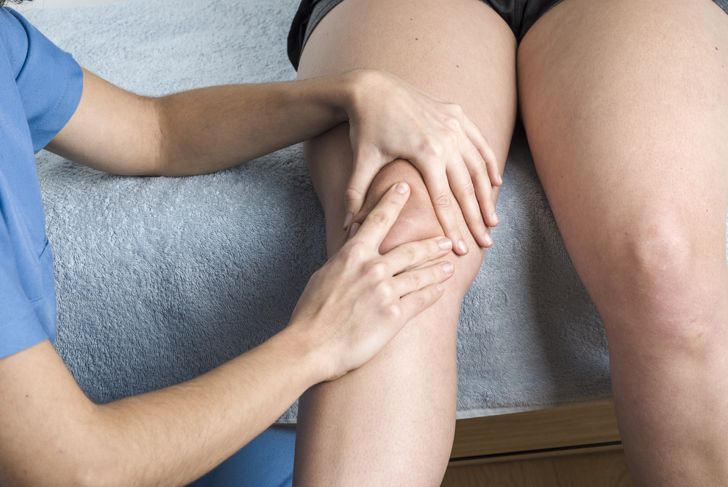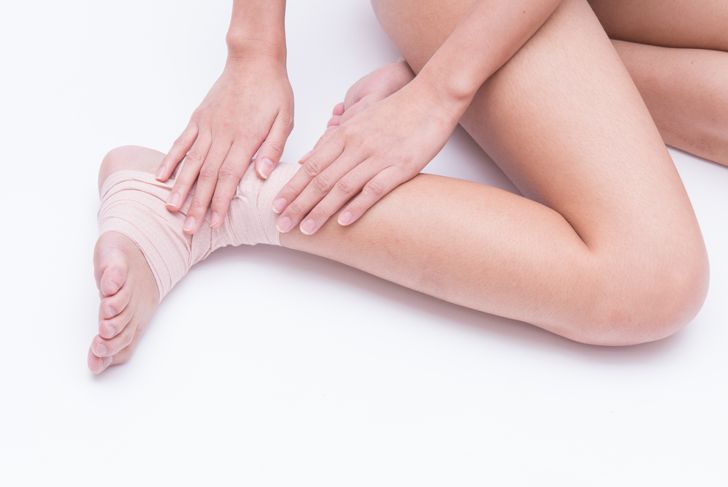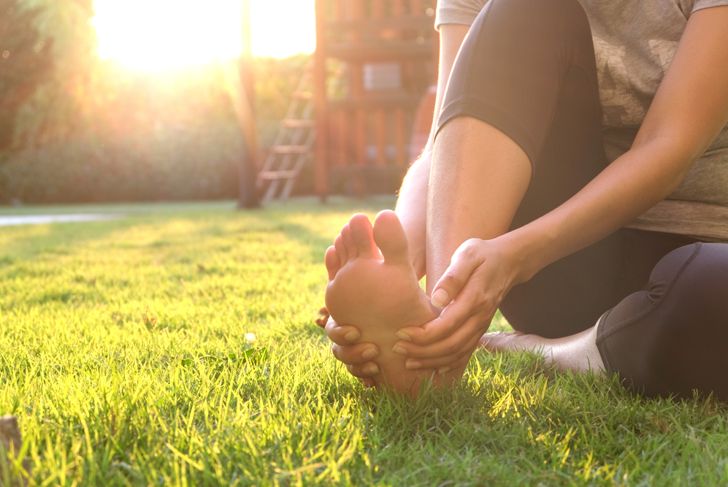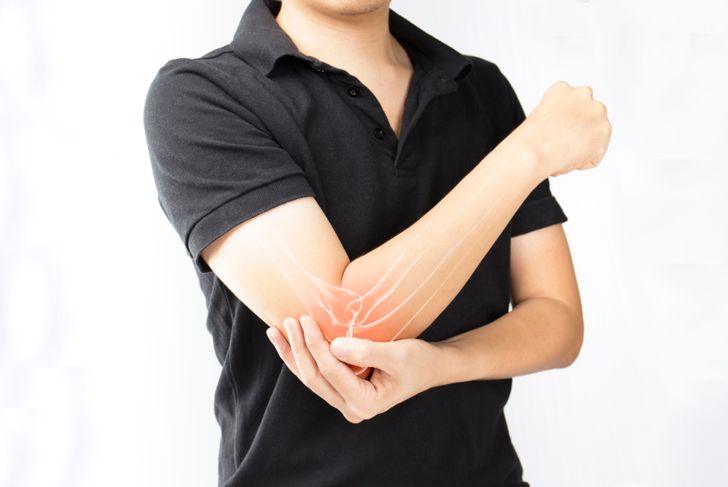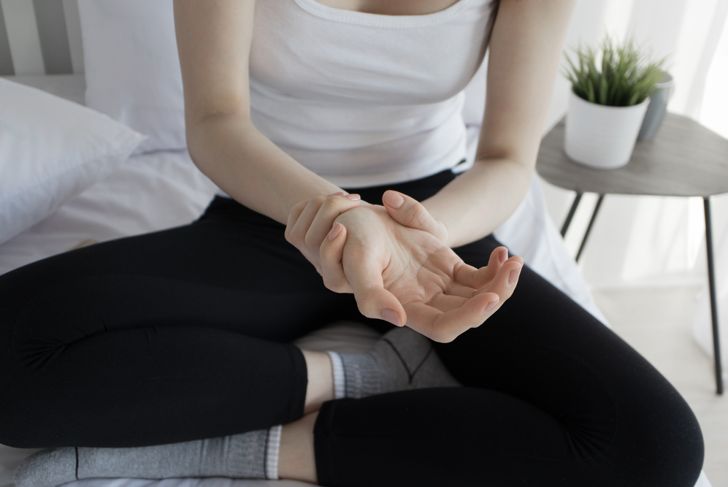Tendinopathy is the technical term used to describe microtears and inflammation in the tendons. Most people are more familiar with the term tendinitis. Modern experts use tendinopathy because it refers to both inflammation and tears. Regardless of whether you call an injury tendinitis or tendinopathy, tendon injuries are excruciating. They should be avoided at all costs. Tendon injuries are relatively common, and healing can be difficult. Unfortunately, there are not a lot of great options that offer complete repair. Here are a few of the most commonly asked questions about tendinopathy.
What is Tendinopathy?
Tendinopathy is a broad term used to describe when there is a microtear in a tendon or inflammation in the tendons. Tendons are tough fibers that strength from the muscle to the bone. Usually, tendon injuries happen near the ankle, elbow, shoulder, or knee. While the injury often seems sudden, in most cases the repetitive use of the joint leads to the tendinopathy. Gradual strain eventually causes the tear or the inflammation that is very painful and leads to weakness in the area and stiffness.
What Causes Tendinopathy?
There are various causes of tendinopathy, and each situation is different. However, frequently tendinopathy is caused by the gradual wear and tear of a tendon due to repetitive motions or aging. As you grow older, the stress placed on your tendons accumulates, so tendinopathy is more common in older adults. It is also common for those who make repetitive movements daily because repetitive stress on a tendon also leads to tendon injuries.
What are the Symptoms of Tendinopathy?
Tendinopathy is usually easily diagnosed because the symptoms occur right where the tendon attaches to the bone. Therefore, it is a pain that is often identifiable. Typical symptoms include stiffness, pain at the tendon, swelling, and sometimes a feeling described by most as grinding. Depending on the severity of the inflammation, the affected area can also become noticeable hot and dark red.
Are there Risk Factors for Tendinopathy?
Since everyone has tendons, everyone is at risk for developing tendinopathy at some point in their lives. However, adults over 40 are at a higher risk because as tendons age they lose their elasticity. This makes it easier for tendons to become damaged. Additionally, athletes and those who have jobs or hobbies that require them to make resistive movements with their body are also at a higher risk of tendinopathy. This is due to the fact there is a greater chance of overuse of a tendon in a specific area of the body.
How Is Tendinopathy Diagnosed?
Because the pain and symptoms are isolated to the area where the tendon attaches to the bone, tendinopathy can often be diagnosed merely through a physical examination. During this examination, the doctor will ask questions about the type of symptoms you have been experiencing, the length of symptoms, and then test the tendon by pressing on it and asking you to complete certain range of motion activities. In most cases, this will be enough to make a confident diagnosis. Sometimes doctors will ask for an x-ray or MRI to confirm the diagnosis if they are worried about other concurrent injuries.
How is Tendinopathy Treated?
Initially, when you are diagnosed with tendinopathy, your doctor will ask you to avoid any activities that impact the affected area and rest it as much as possible. Icing the day that the pain appears can also help reduce the onset of inflammation. Your doctor may also suggest you take anti-inflammatory drugs that can be purchased over the counter to help reduce swelling in the area. After a week, if you have not seen any real improvement, your doctor may suggest taking more drastic measures which may include corticosteroid injections, physical therapy, and in very severe instances surgery.
Can I Prevent Tendinopathy?
If you know that you have the above risk factors for tendinopathy, there are a few things that you can do to help prevent your chances of triggering it. Tendon injuries take a while to heal, and many times the tendon never regains the strength it had before. Therefore, preventative measures are always a good idea. The best way to avoid developing tendinopathy is by always warming up and cooling down before any period of exercise. Avoiding repetitive movements will also help you reduce the chances of suffering from it.
What Should I do if I Suspect Tendinopathy?
If you have any reason to suspect tendinopathy, the very first thing you should do is limit any activity that affects the irritated tendon. Repeated stress will only make a tendon injury worse, so you need to completely avoid using the affected area and remove all weight from it. You also need to schedule an appointment with your doctor as soon as possible to help receive proper treatment and avoid developing any long-term damage.
How Long Does Tendinopathy Recovery Take?
How long it takes to recover fully from tendinopathy depends on how severe the injury is. Some people will notice their symptoms go away after just a few weeks of rest. Other people may notice it takes months to recover. Following your doctor’s instructions, and resting the affected tendon is the best way to expedite recovery. Even if you feel better, make sure you take it easy until your doctor gives you the all clear because you will need to work back up to your previous level of activity slowly to avoid reinjury.
How do I Prevent Re-injury?
One of the most daunting problems of tendinopathy is that re-injury is possible if you are not careful. In some cases, you may need to change the way you approach activities to prevent reinjury. If a specific activity caused your injury then it may be wise to try alternating a new activity for exercise with running such as swimming. On the other hand, asking a trainer for help may help you avoid the same injury from occurring again. Finally, if you were injured at work, you may need to talk to HR about other ways you may be able to complete your job to avoid the same injury from occurring again.

 Home
Home Health
Health Diet & Nutrition
Diet & Nutrition Living Well
Living Well More
More